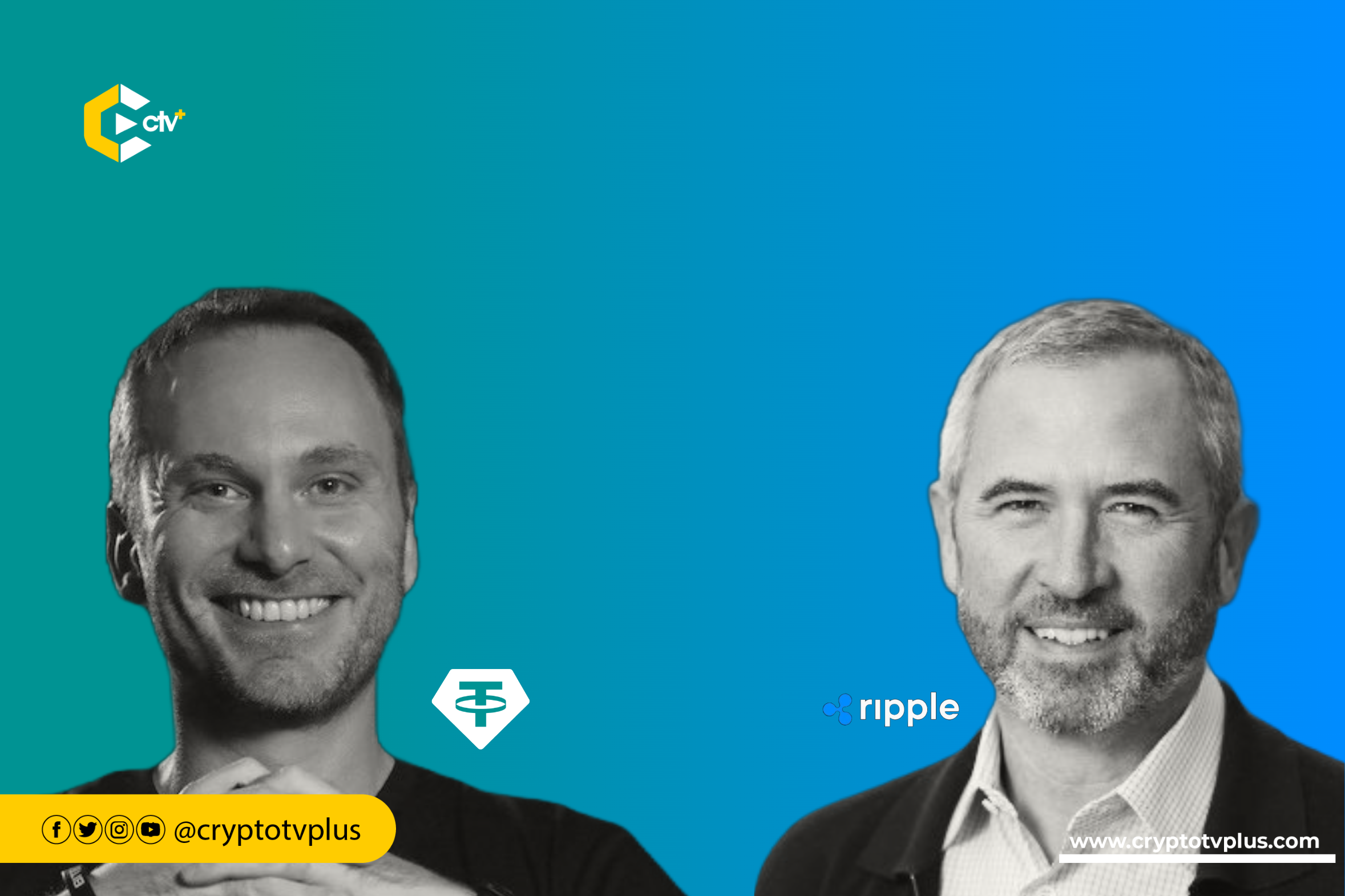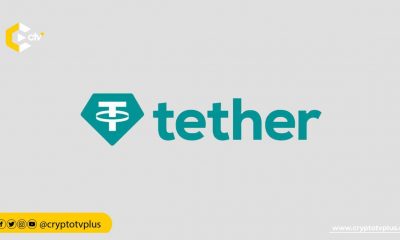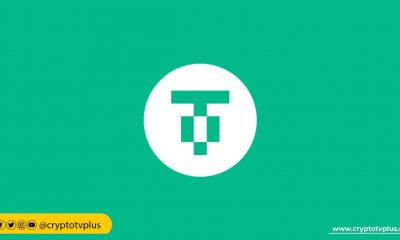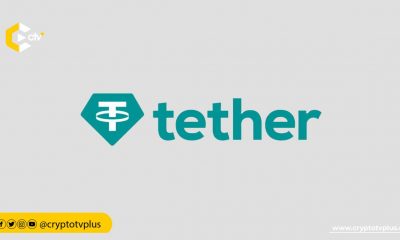News
CEOs of Tether and Ripple caught in a fight?

I was not attacking Tether, Brad Garlinghouse said in response to a statement made by Tether’s CEO responding to what the Ripple boss had said earlier.
The CEO of Ripple, Brad Garlinghouse, has clarified his stand on Tether stating that he wasn’t criticizing or attacking the stablecoin issuer. “I wasn’t attacking Tether,” he said in an X post after the CEO of Tether, Paolo Ardoino, called him out for speaking against Tether on the “World Class” podcast he was on with Chris Vasquez.
Brad added that the next words that came out of his mouth during the interview were that he views “Tether as a hugely important part of the ecosystem.” He mentioned that the US government has intended to exercise more control over entities that issue stablecoins backed by the US dollar.
Brad pointed out that Tether, being the largest issuer of USD-backed stablecoins, is particularly under the government’s radar. This implies that regulators are paying close attention to Tether’s activities and operations due to its size and influence within the cryptocurrency ecosystem.
However, Tether’s CEO perceives Brad’s stance towards Tether as adversarial, citing remarks made during a podcast. Paolo took to X (previously known as Twitter) to assert that Brad heads a company currently entangled in legal disputes with the SEC and is also on the brink of introducing a stablecoin.
“An uninformed CEO, leading a company being investigated by the SEC, launching a competitive stablecoin (cui prodest), is being reported spreading fear about USDt,” he said. Ripple recently announced plans to launch a U.S. dollar-backed stablecoin on the XRP Ledger and Ethereum networks.
In other news, the stablecoin issuer Tether is venturing into artificial intelligence by investing $200 million in a brain-computer interface company.
This project will bridge the gap between traditional finance and crypto, generating more liquidity and users for the XRP Ledger blockchain. The stablecoin will be pegged 1:1 to the U.S. dollar and backed by U.S. dollar deposits, short-term U.S. Treasurys, and other cash equivalents.
Defending Tether
The Tether CEO emphasized that USDt is the most widely used stablecoin globally, with millions of users in emerging and developing countries. Many people in these areas lack access to traditional banking services due to poverty, and they rely on USDt for daily financial transactions, acting as their checking and savings accounts.
He also noted that while he has talked about several statistics of Tether “most mainstream media newspapers refuse to report such data.”
He added that Tether’s commitment to compliance and security is evident through various measures of adherence to OFAC/SDN lists for stablecoins, utilization of a well-trained internal investigation team and advanced tools to monitor primary and secondary markets, collaboration with Chainalysis for top-notch software and training for proactive monitoring, and cooperation with 124 law enforcement agencies across 40+ countries since inception.
Tether has also blocked over $1.3 billion, primarily related to scams, hacks, and money laundering, with approximately $1.6 million linked to terrorist financing. It has also onboarded the FBI and USSS for re-issuances and collaborated with Israel’s NBCTF and Ukraine law enforcement.
























